Government and Politics (GoPo) is a required class for all high school students in Lincoln Public Schools to take before they graduate high school and potentially go on to college.
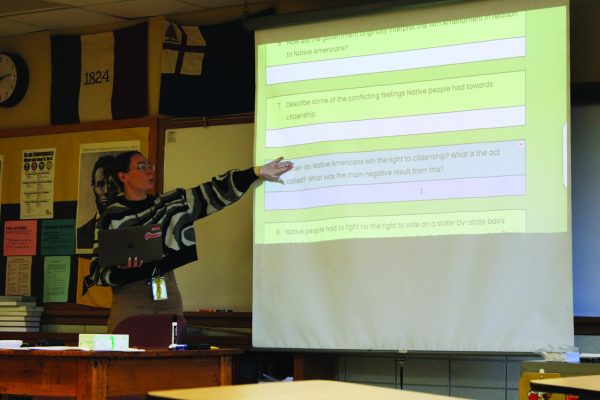
LSE GoPo teacher Sasha Hoxie has been teaching this class for two years. She explains that the class gives students an in-depth overview of the United States government.
“We dive deep and look at what the three branches of government do, how they operate, especially the federal government, and civil rights and civil liberties,” Hoxie said.
Not only do students taking this class learn about the function and history of government, they also talk about worldwide current events.
“There’s always new things happening in the news that are going on in our government today so I think it’s important to talk about those events and be able to connect them to what we’re learning about in class,” Hoxie said.
One of the most important things taught by the class is students’ rights as U.S. citizens and how the voting process works in the U.S.
Hoxie said that before a student votes, it is important that they understand “what rights they have for things like how to vote or who you’re voting for and what you’re voting for.”
Hoxie also explains how these things become a lot more important once you graduate and turn 18 and how there are a lot of different scenarios like Supreme Court cases that talk about the First 10 Amendments in the Bill of Rights.
Another one of the GoPo teachers, Dave Nebel, explains that students must be aware of what’s going on regarding how the government works so that they can be productive members of society.
“We need to have this sense of self-efficacy,” Nebel said. “In other words, the idea that ‘Hey my opinion does matter, I can bring about change and if I don’t like the way things are going, I don’t have to sit here and take it. I know what to do to bring about the positive change’.”
Nebel thinks that this is one of the most important things for students, especially today, to sense that and understand what’s going on in society and learn what’s right from what’s wrong.
Over his many years of teaching, Nebel said that he has several students enter in to the world of government and politics after graduating.
“Currently there’s a member of the State Legislature here in Nebraska, Anna Wishart, and she represents a district here in Lincoln. Anna was a student in my class back in the early 2000s and has gone off and actually holds elected office. There are many students who have also went out and sought careers in public service and working as staffers for members as Congress,” Nebel said.
Kirk Svendsen, another one of the LSE GoPo teachers, explained what to look forward to when taking GoPo.
“We’re going to try to expand how we find information about what’s currently going on in government we’re going to try to understand why government works the way it does and we do want to provide a better understanding towards that as again our students become adults and they really kind of got to understand some of that stuff for themselves,” Svendsen said.
A common problem with voting is deciding on who to vote for. Svendsen explained how he gets his students to understand what to do and how to decide.
“I would say we spend some time with media literacy making sure that students are getting correct and factual information,” Svendsen said. “We do spend time looking at various platforms of parties, various platforms of candidates, we look at everything.”
One of the objectives that GoPo teachers like Svenden face is teaching students how to form their own opinion on subjects without sharing their own opinions in their teachings.
“From a factual point, we’re not trying to shape opinions, we’re trying to get information to students and let students formulate their own opinions so then they can support with factual evidence,” Svendsen said.
One thing some students may still be wondering is what the students of GoPo think of the class and what it’s like. To help answer this question, students in LSE GoPo classes took an anonymous survey to share their thoughts and experiences with this class.
The question which had the most agreed upon answers was, “Do you think it is important that this class is required for all students to take?”, in which 89% of people voted yes.
Another popular question was, “Has GoPo increased or decreased your interest in politics?”, which resulted in 65% of students voting yes, 33% of students reporting that they’re unsure and 2% of students voted no.
However, the question that had the most scattered votes was ,“What have you learned in this class that helps you be a more informed, potential voting-member of society?”. 54% of students said the most important piece of information was how the voting system works, 22% said the parties and who to elect, 13% said learning about their rights and 11% said concerns with certain politics.
But the question that was almost evenly split in responses was, “What part of the government studied in GoPo is most important or most crucial based on information learned in class?”, in which 35% of survey-takers said Democracy/Rights, 35% said the laws and policies made by the Federal Government, and 30% said the Three Branches of the U.S. Government.

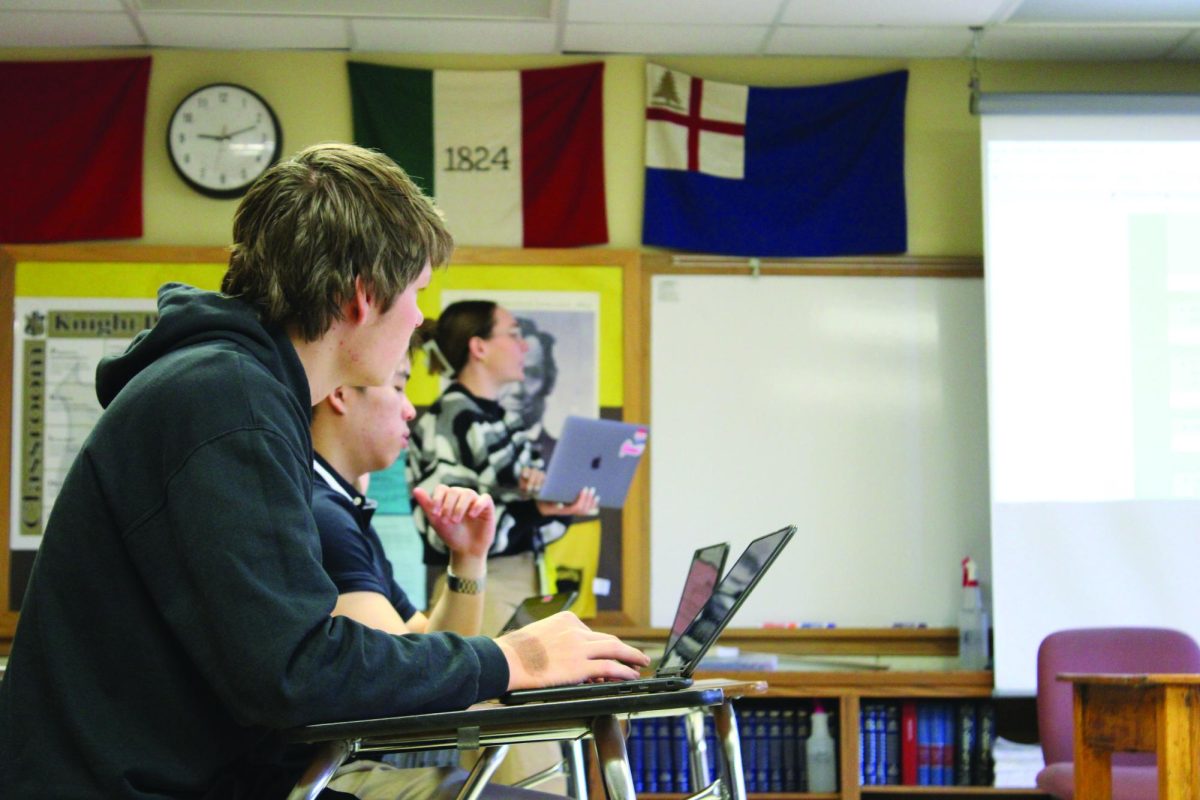
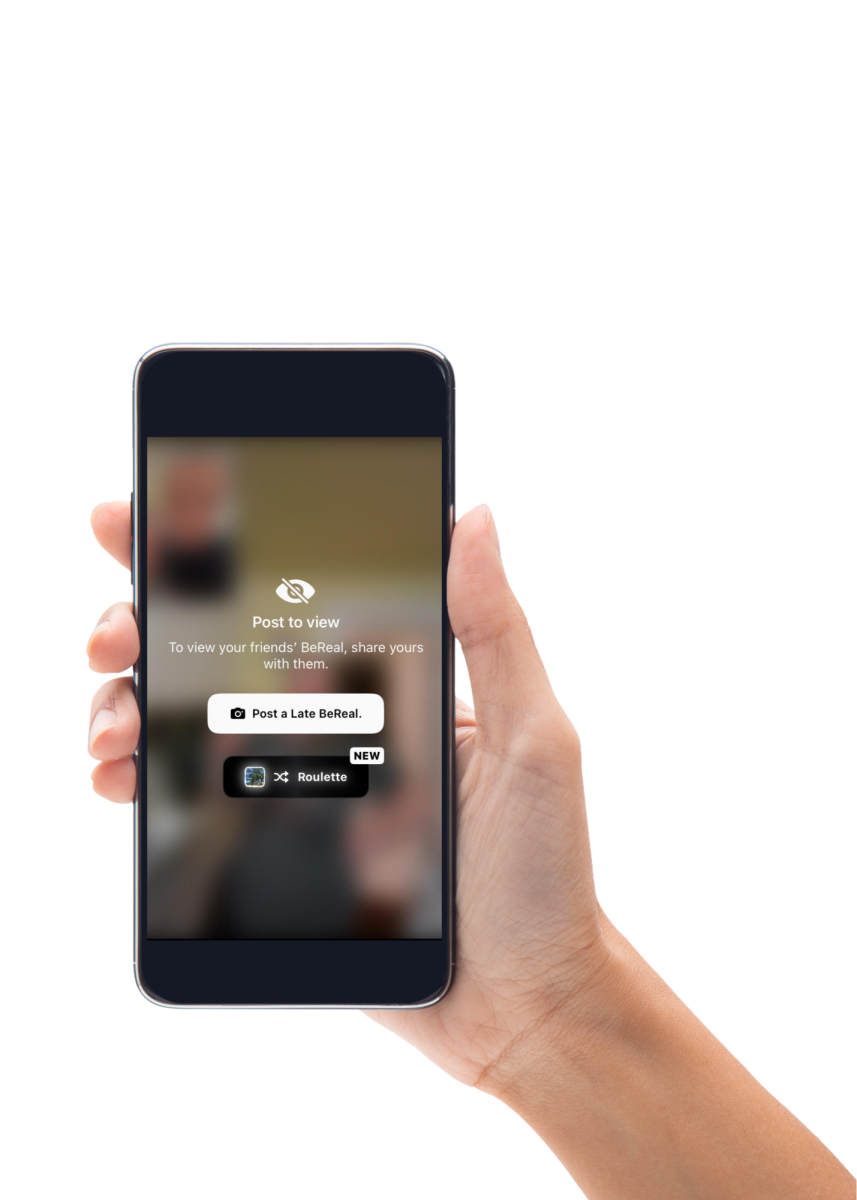

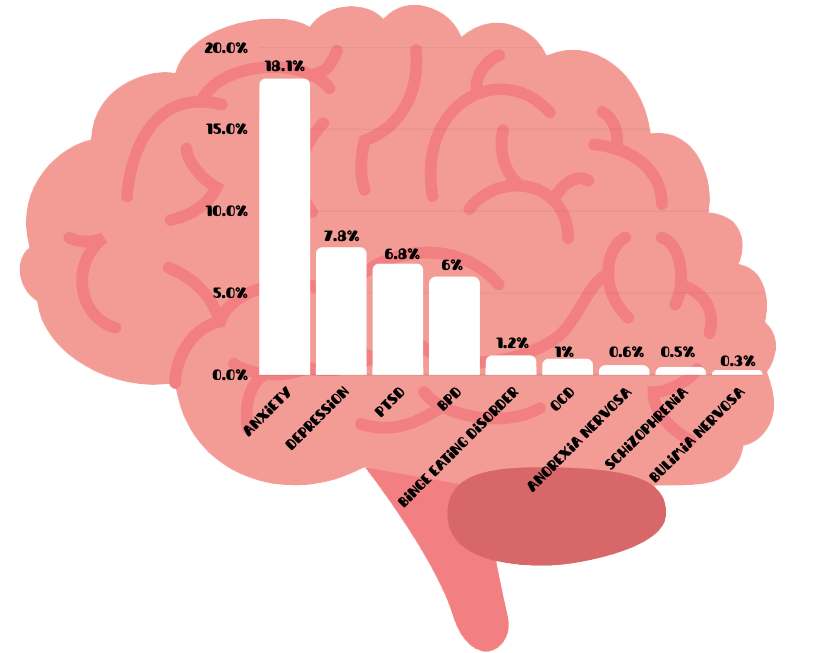

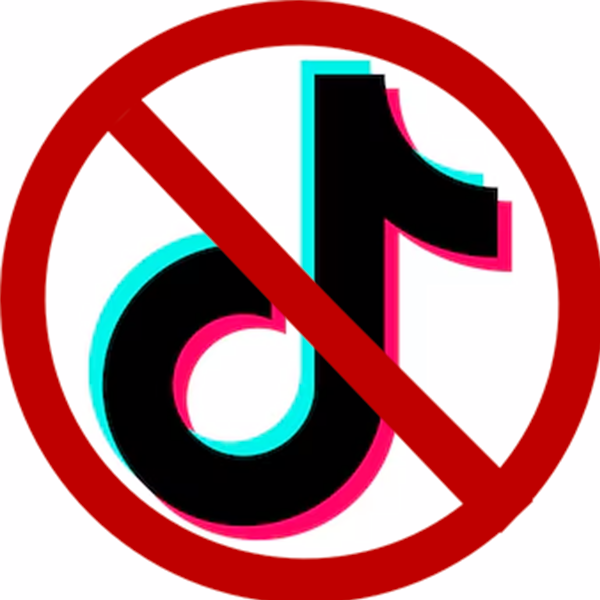
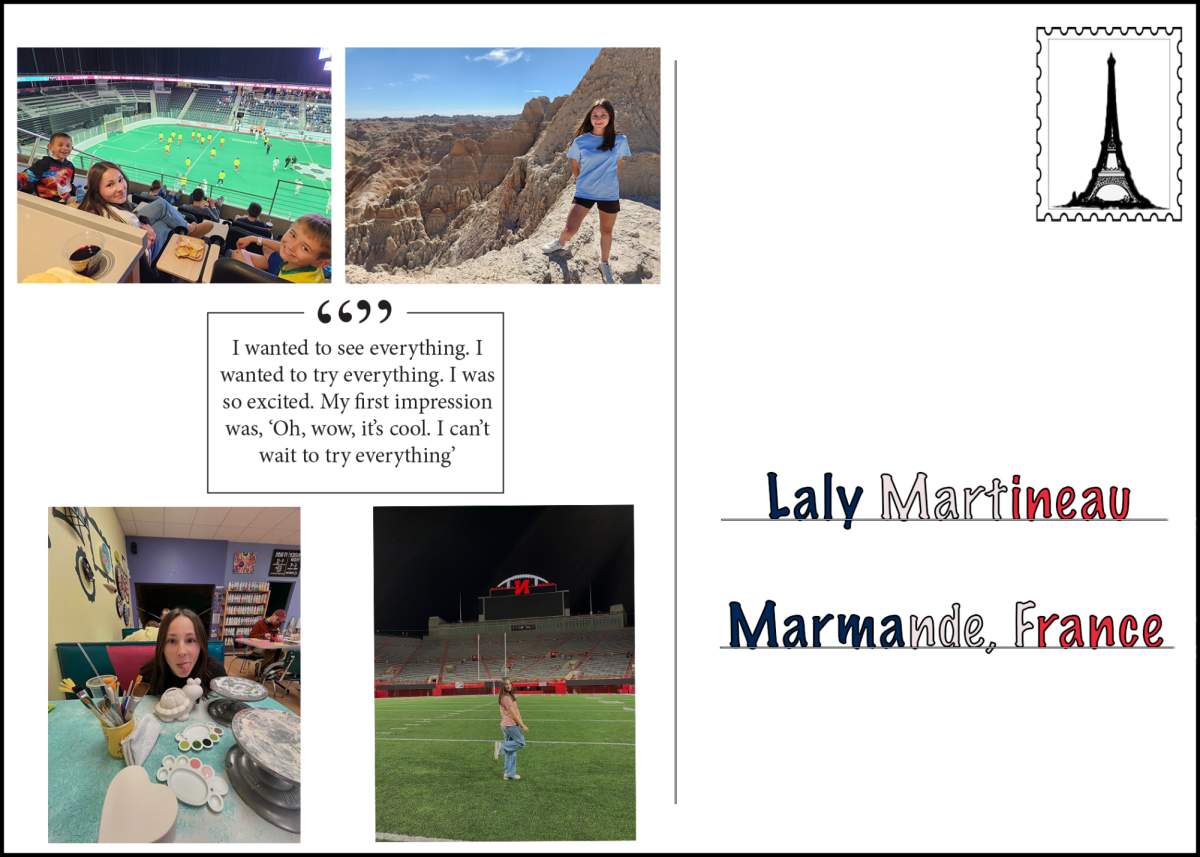


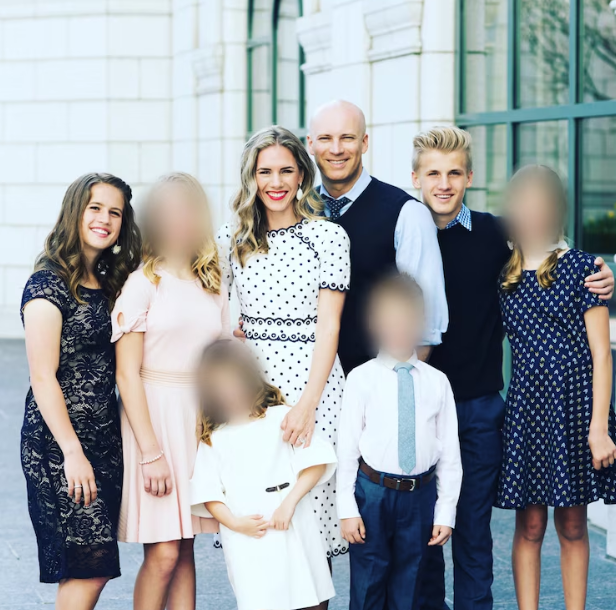

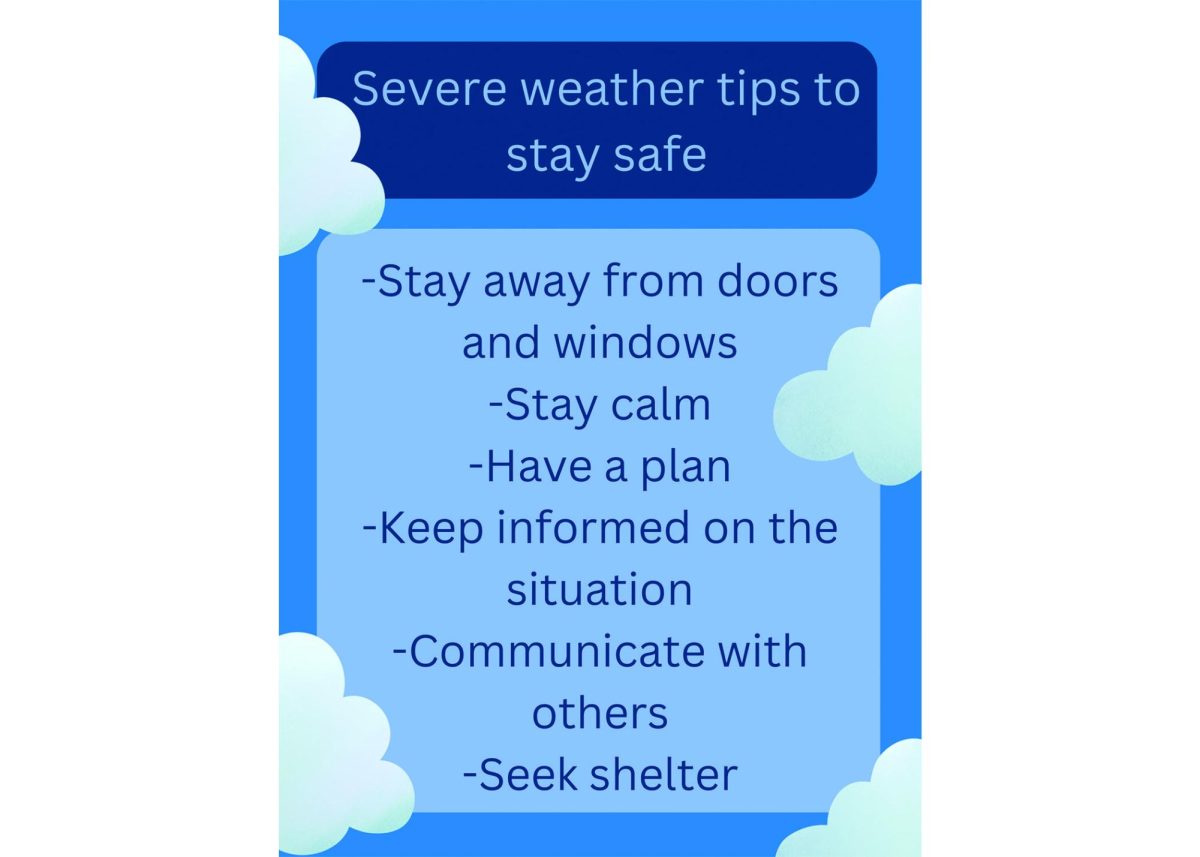
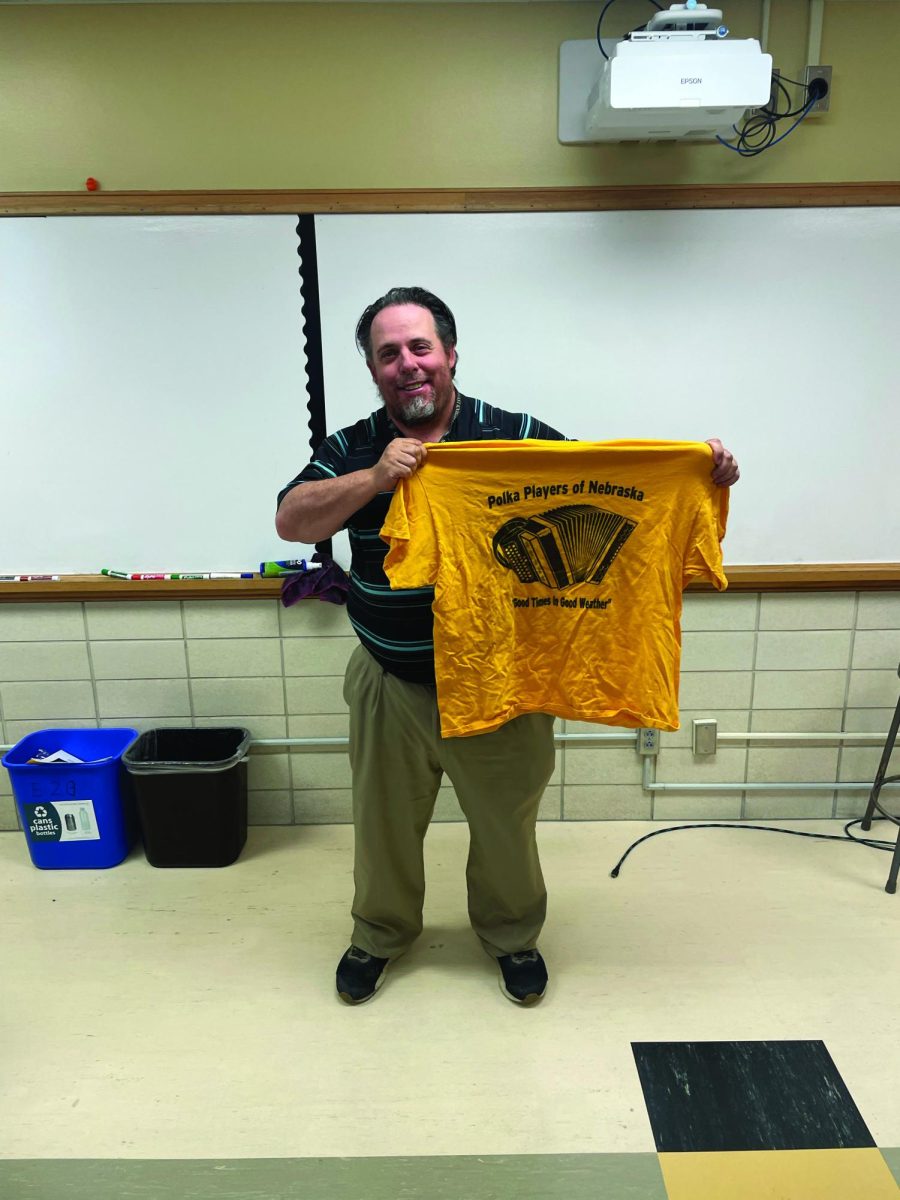
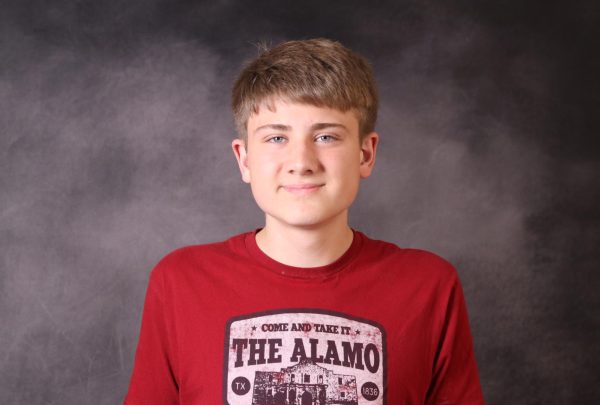
Tootie Carroll • Feb 2, 2024 at 2:21 PM
Excellent Jackson! Very informative and interesting!!! Well done